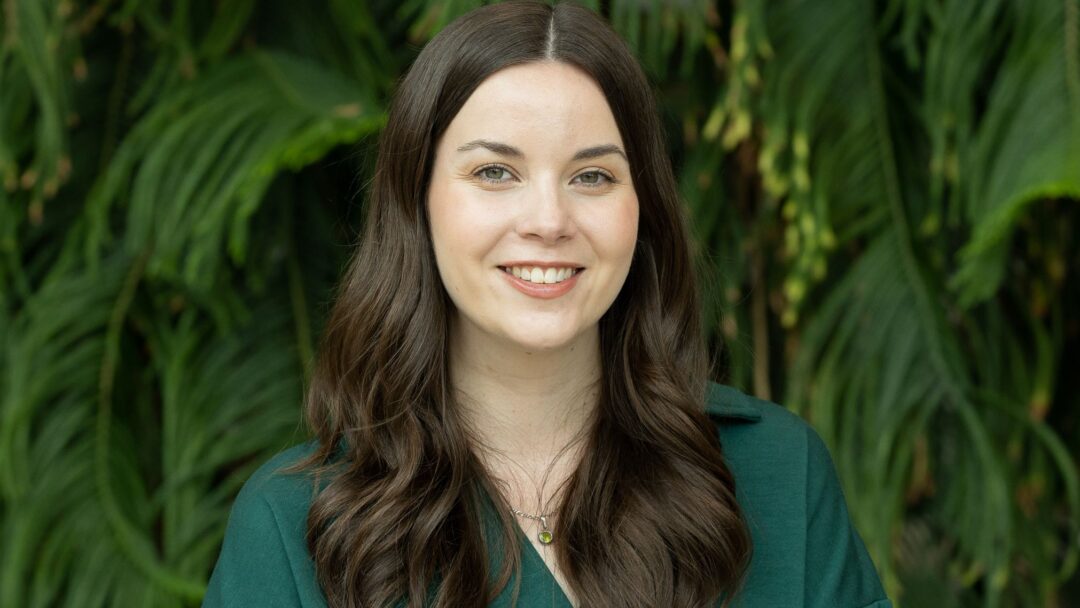Trainee of the month – Emily Hartung

Emily Hartung is a 3rd year PhD Student (Biochemistry and Biomedical Sciences) in the Berg Lab
Emily is a PhD student in the Berg Lab. Emily’s research focuses on acute myeloid leukemia (AML), with a particular interest in the role of the epigenetic regulator LSD1. Her aim is to understand how AML responds to LSD1 inhibition. During her undergraduate studies, Emily developed a keen interest in epigenetic transcriptional regulation, which she pursued through her Master’s degree. She is currently pursuing her PhD. In her free time, Emily loves spending time outdoors and doing needlepoint and crocheting.
1. What is your current research focus?
Our group studies acute myeloid leukemia (AML), the most common leukemia in adults, which has a low 5-year survival rate of approximately 30 percent. The current gold-standard treatment is not well tolerated in older individuals, who are disproportionately affected by AML. Therefore, novel treatment strategies that target this highly genetically driven and heterogeneous disease are sought after. My current research investigates the role of epigenetic regulator LSD1 in the transcriptional landscape of both normal and leukemic settings to understand which subgroups of AML respond to LSD1 inhibition, and how resistance to LSD1 inhibition can be overcome.
2. What made you interested in pursuing cancer research?
I completed my undergraduate co-op placements in academic labs studying leukemia/lymphoma and stem cell biology, which got me interested in laboratory techniques and hands-on work. I learned about epigenetic transcriptional regulation in an undergraduate course, and I was immediately intrigued. I then pursued an MSc that focused on epigenetics and receptor regulation. Simultaneously, I completed a graduate program in Clinical Research through Humber College, where I learned how to bring bench-side findings into the clinic through clinical studies. Ultimately, I wanted to pursue a PhD in cancer research to combine my previous experiences in hopes of contributing to developing treatments that can inform clinical trials and be translated to the clinical setting.
3. What are your interests outside the CDCR and the lab?
When I’m not in the lab, I enjoy hiking or camping outdoors; I also enjoy doing needlepoint, crochet, and other textile arts.
Trainee of the Month
